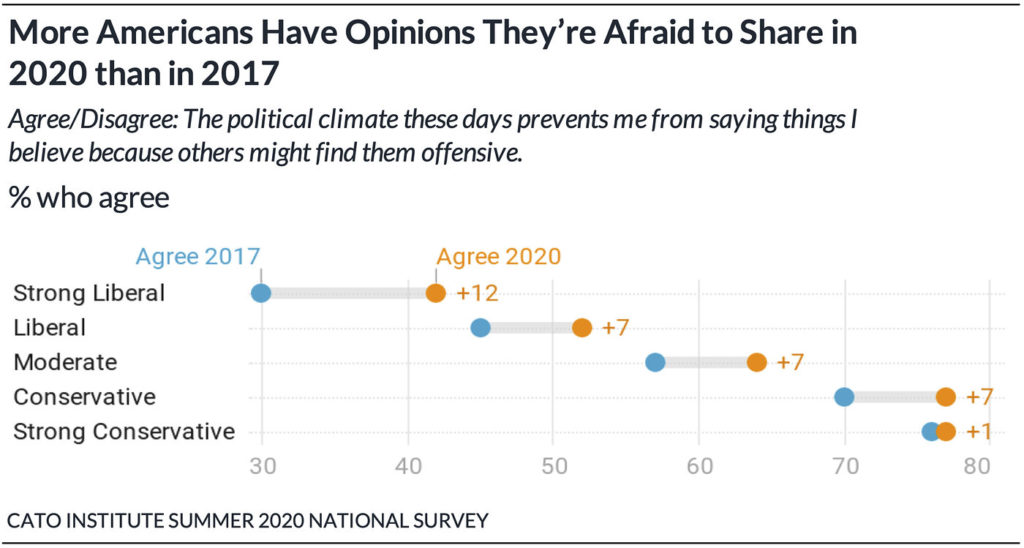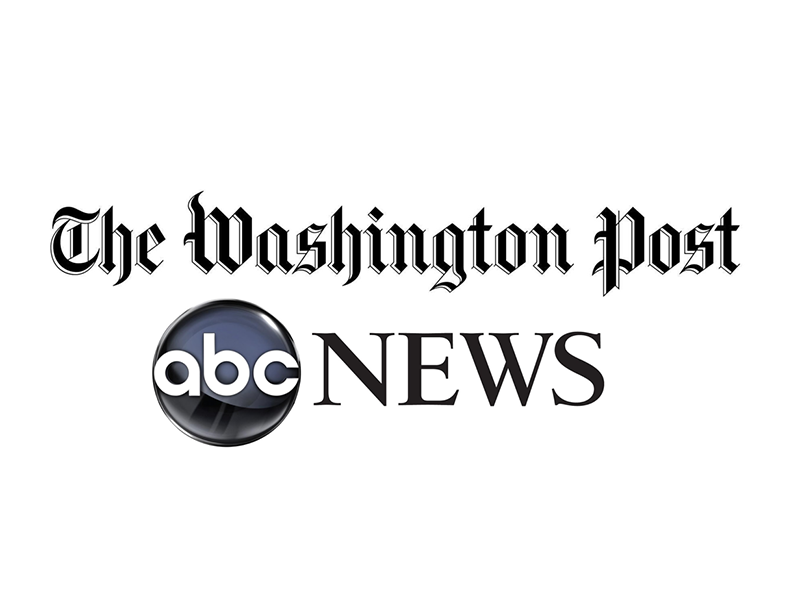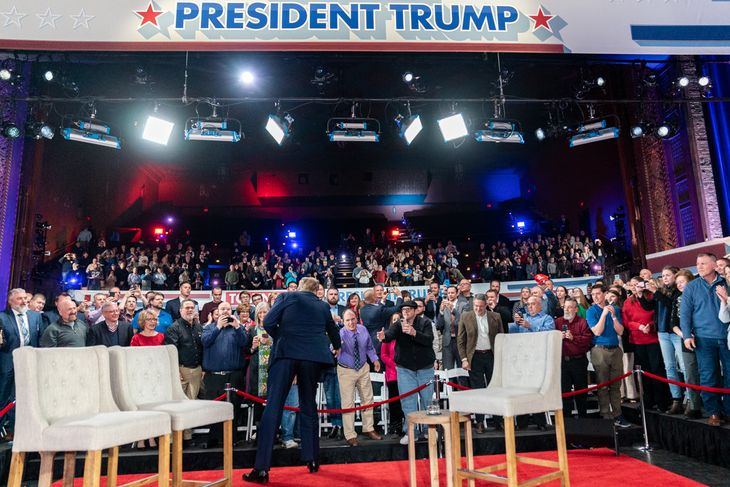A new poll from the Cato Institute shows the majority of Americans are afraid to voice their opinions on political topics. That includes 52 percent of people who identify as Democrats, 59 percent who identify as independents, and a whopping 77 percent of those who are Republicans.

As the chart above shows, this is a marked increase over 2017, with the exception of those who identify as strong conservatives.
32 percent of responders said they were concerned their views would impact their employment opportunities. And it’s not just one side of the political spectrum: 31% of liberals, 30% of moderates and 34% of conservatives are worried their political views could get them fired or harm their career trajectory.

Related: Poll: Americans not as woke as media wants
Cato drew this conclusion, and I mostly agree.
Taking these results together indicates that a significant majority of Americans with diverse political views and backgrounds self‐censor their political opinions. This large number from across demographic groups suggests withheld opinions may not simply be radical or fringe perspectives in the process of being socially marginalized. Instead many of these opinions may be shared by a large number of people. Opinions so widely shared are likely shaping how people think about salient policy issues and ultimately impacting how they vote. But if people feel they cannot discuss these important policy matters, such views will not have an opportunity to be scrutinized, understood, or reformed.
Where I differ from those conclusions is this: The self censorship is a direct result of the cancel culture. If you run the risk of being cancelled simply for voicing an opinion someone takes offence at, you simply don’t voice that opinion.
